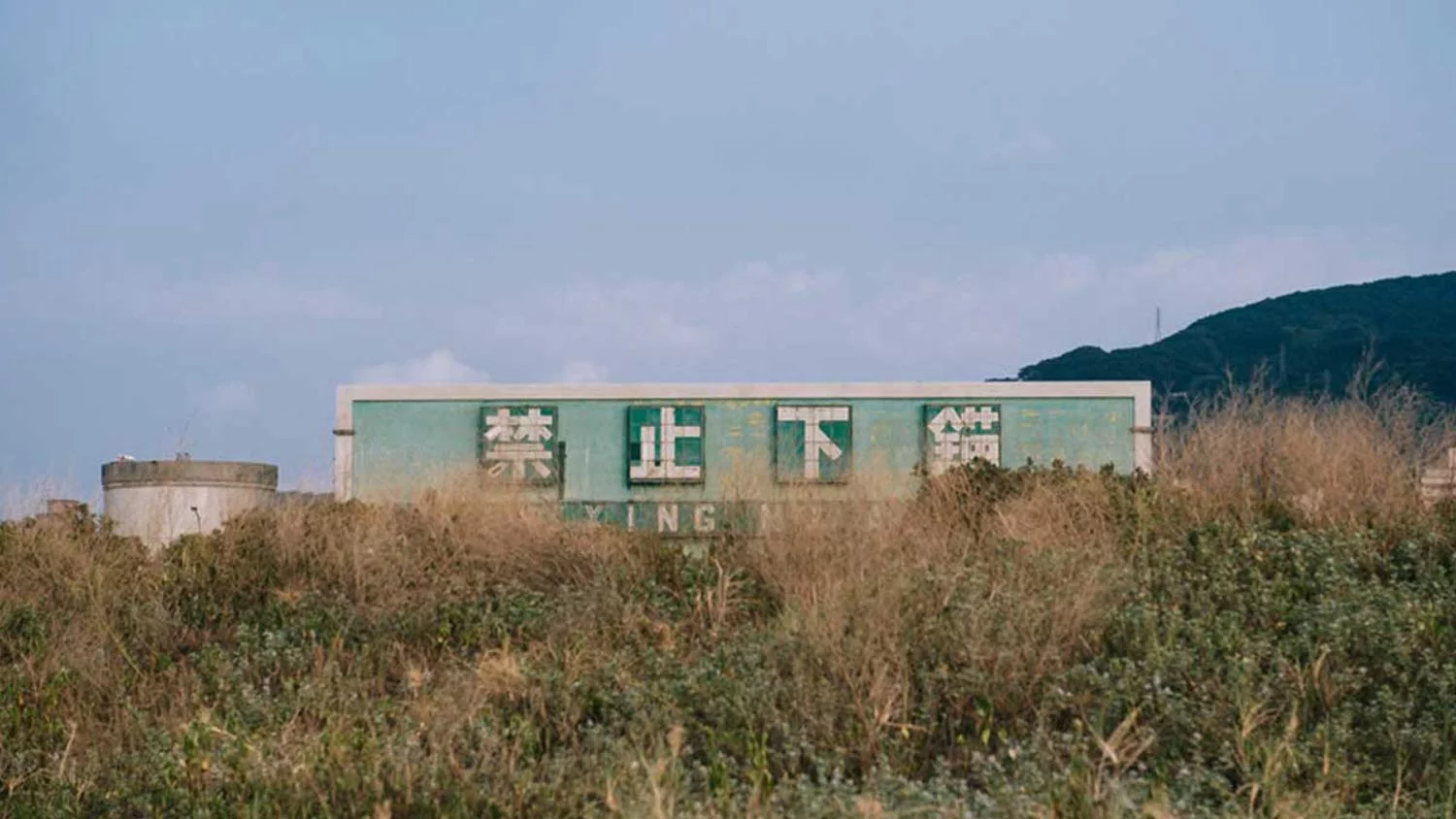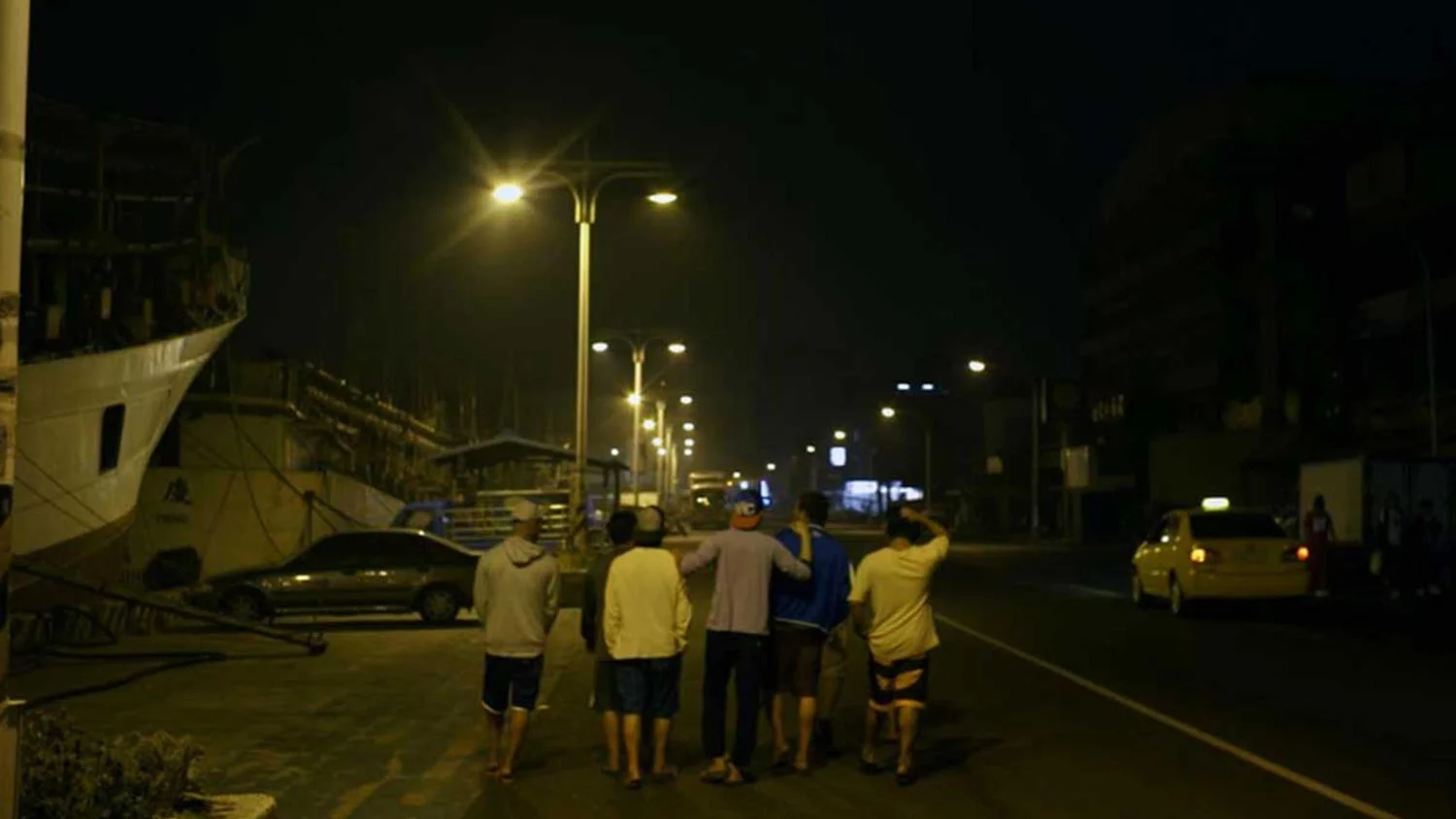Introducing the Southeast Asian Short Films: Into a Different Asia
By Cordelia Prowd, Priscilla Liew, Tang Wan Xin, Timothy Ong

What are your first impressions of the Southeast Asian short films?Cordelia (C): Well, I really didn’t know what to expect, because I had very little experience with Asian film. When I first joined the Youth Jury Critics Programme, I felt that I was really on the back foot. But as I watched each of the programmes, I began to realise that I didn’t necessarily need to come from the same culture as the filmmakers to truly resonate with the stories portrayed onscreen. The visceral experience of film is able to transcend culture, history and any other potential barriers that often confuse us in our understanding of others. Wan Xin (WX): Yes, I agree. What stood out for me were the films that touched on history, myths and social issues. It is interesting how watching these films can educate us about issues that happened or are happening within a country. Most of the social issues that these short films touches on reprised in almost every country featured. Even as a citizen within the region, I felt like a foreigner watching it, especially for films that touched on the political, historical and mythical stories. Did you guys feel that way as well? Timothy (T): Yeah! I’m Singaporean myself too and it was an especially fascinating experience for me watching all these films. I felt like an outsider, the short films from Southeast Asia presented a cultural landscape so different from Singapore that it felt like there was no difference between me being a European or an East Asian watching these films.. It is probably because Singapore has a very different culture and economics from other Southeast Asian countries; we are far less based within the mythological and are more pragmatic. Priscilla (P): “Die, I’m not going to like this” was my first thought while watching the programmes. But rather than shutting off, I kept watching – not because I was feigning interest but because every short – no matter how foreign – had a moment that kept me curious enough to keep watching. Don’t worry, it pays off – the films are programmed into thematic journeys, and it turns out I just hadn’t found a route I wanted to explore yet. Later on, when I experience that tingle in my face because I just found one or two shorts I really love and really want to watch again? It’s pretty awesome, and everyone should experience that.

Still from 500,000 Years, Dir. Chai Siris
What’s the appeal of a short film? To me, the beauty of a short film is that there are no rules. Short films are where you discover the works of up-and-coming directors. It is intriguing to see their humble beginnings before they move on to work on features. The short film programme is almost like a hidden gem that never fails to surprise and amaze me. Sometimes it actually feel like short films are “over before we know it”. But I don’t believe that this renders short films invalid. Sometimes some of the most powerful experiences in life are fleeting, such as a smile from a stranger or a hug from a loved one. That doesn’t stop these experiences from being incredibly powerful. If a short film moved you, does it really matter whether it lasted 3 minutes or 3 hours? I think the length of a film should always depend on what the narrative requires.Some short films might seem too short and some feature films would be better shorter. It really is, in the end about whether the film’s narrative within that length and pacing can elicit an emotional response.Isn’t that “over before we know it” quality precisely the power of short films? While certain short films deliver strong, straightforward stories in a short time (such as Freeze), others leave us with questions, making us think about what we watched, discuss what it could’ve meant, and even Google it because “Damn, I need to know”. That’s exactly what’s powerful. Even after the film is over, as we find ourselves thinking about what we watched and searching for our own answers, then perhaps the short film ended right where it was supposed to.Which programme will you recommend to your friends and family? I am definitely a fan of Programme 3! I feel the Programme presents a wide range of ideas, themes, and challenges to the audience, and I walked away feeling very moved. The films in Programme 3 really introduced me to contemporary social, economic and political issues that developing Asian countries are grappling with. The first Programme is to me the one that I wouldn’t mind watching again and again. All of the films have this level of mystery and enigma surrounding it and it makes the films so fascinating to watch even if I may or may not truly understand everything. There are just so many layers to the films and I think it will make people think about the films for a long time. These films certainly made me think about them.P: My vote goes to Programme 2! It’s a really charismatic collection of shorts that illuminate a certain lack of agency in life that people within the region have to experience – an almost-forced alienation, situations that keep our families alive but weigh down on us, and the different ways different characters have chosen to face these experiences. I can confidently say that at the end of programme 2, you will know you’ve just watched something meaningful.WX: I am going to say all! Not because I am forced, but I think based on the structure of each programme, there will be one short film that will blow you away with the storytelling and resonate with you when you walk away from the dark room. If you have no time to commit to a feature, watch the short film programmes and you have more than what you bargain for. 5 different stories in under one and a half hours. So why not?

Still from Arnie, Dir. Rina Tsou
Need to know a little more?Read more about our takes on each programme: Programme 1: 2nd December (Friday), 7.30pm, National Gallery If you’re up for an artistic challenge with Programme 1, read about Cordelia and Wan Xin’s attempt to break some artistic barriers in their dialogue piece about the experimental Programme a href=http://sgiff.com/?p=17241 here. Programme 2: 2nd December (Friday), 9:30pm, National Gallery If you’re keen on exploring the different ideas of separation woven together in Programme 2, read about Priscilla’s journey through space of Southeast Asia in the programme a href=http://sgiff.com/?p=17238 here.Programme 3: 3rd December (Saturday), 11:00am, National Gallery If you feel like a bit of everything, Timothy takes us through an analytical overview of the different thematic routes showcased in Programme 3, read his thoughts about the colourful programme a href=http://sgiff.com/?p=17227 here